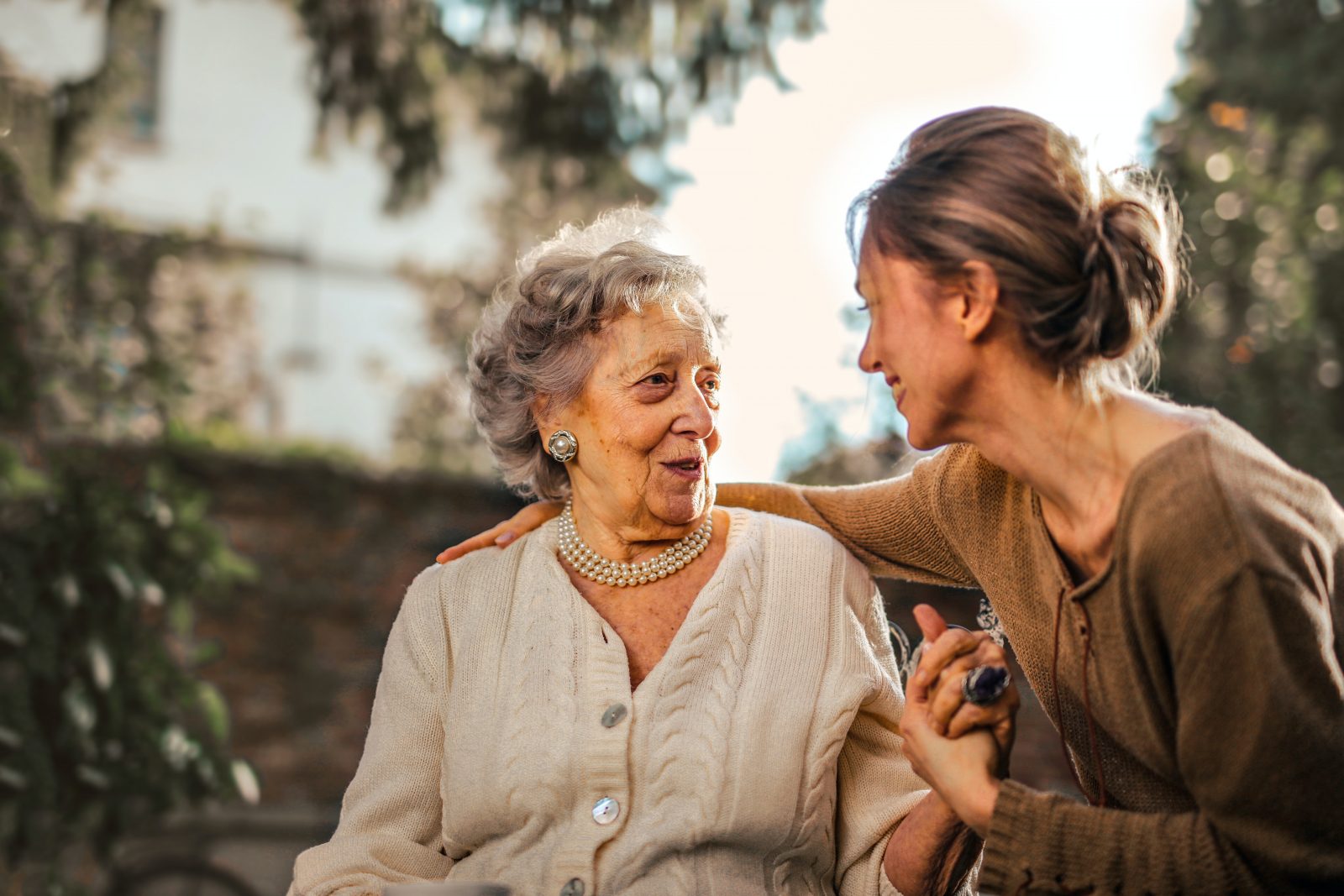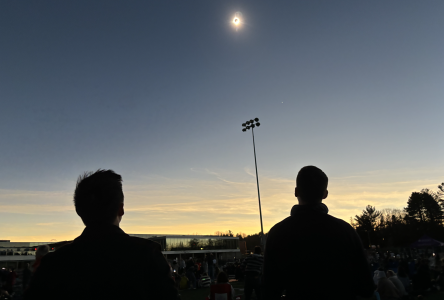Did you know that June 15th of every year is World Elder Abuse Awareness Day (also known as WEAAD)? This day was started by the International Network for the Prevention of Elder Abuse and the World Health Organization at the United Nations, and the very first WEAAD took place on June 15, 2006.
What does the day stand for, though? According to the National Center on Elder Abuse, World Elder Abuse Awareness Day offers opportunities “for communities around the world to promote a better understanding of abuse and neglect of older persons by raising awareness of the cultural, social, economic, and demographic processes [that affect] elder abuse and neglect”.
In many ways, elder abuse is still a taboo subject, even though a good deal of progress has been made in recent years to break the silence around it.
How common is elder abuse?
The World Health Organization (or WHO) says that close to 1 in 60 people aged 60 years or older have experienced some form of abuse in community settings over the past year, and that rates of elder abuse have increased during the COVID-19 pandemic. Unfortunately, these numbers are expected to continue to increase in the coming years because the global population of people 60 and over is expected to at least double in the coming decades. This certainly is a cause for concern, and it shows why it’s so important for us to talk about the reality of elder abuse each year so that we can help to make things better for seniors in the future.
What is elder abuse?
What is considered elder abuse, you may be asking? The WHO defines elder abuse as “a single or repeated act, or [a] lack of appropriate action, [that occurs] within any relationship where there is an expectation of trust [and that] causes harm or distress to an older person. This type of violence constitutes a violation of human rights and includes physical, sexual, psychological, and emotional abuse; financial and material abuse; abandonment; neglect; and serious loss of dignity and respect.”
Elder abuse often takes one of two forms: violence or neglect. It can be intentional or unintentional. Most elder abuse cases are complex, and they often involve more than one type of abuse.
What should I do if I experience, witness, or suspect elder abuse?
If you experience, witness, or suspect an elderly person that you know is experiencing abuse, the best thing you can do is to reach out to a local community group or organization for support. In the region, DIRA- Estrie is an organization that helps seniors to denounce abuse. They also inform people about their rights and options when it comes to speaking up about elder abuse, refer clients to appropriate resources, and accompany individuals who are looking to end situations of abuse. Located in the City of Sherbrooke, the organization offers individual support and information groups. To learn more about DIRA- Estrie, you can visit their website (in French only): www.dira-estrie.org.
You can also call the Elder Mistreatment Helpline, which offers free, confidential, and bilingual services from 8 am to 8 pm, 7 days a week. To learn more, visit the Aide Abus Ainés website: https://www.aideabusaines.ca/ en/.
Finally, you are always welcome to reach out to Vanessa, Kelly, or Nikki – the agents for Townshippers’ Association’s Eastern Townships Partners for Health and Social Services Networks – if you’d like help to find resources relating to elder abuse or to get more information on the topic. To find their contact information, visit: https://townshippers.org/the-team/.
This monthly column keeps you in touch with Townshippers’ Association’s activities and news. Other ways to keep in touch:
Online
www.townshippers.org Facebook.com/Townshippers Twitter @Townshippers
In person
3355 College St., Sherbrooke 3-584 Knowlton Rd., Lac-Brome By phone
819-566-5717
450-242-4421



